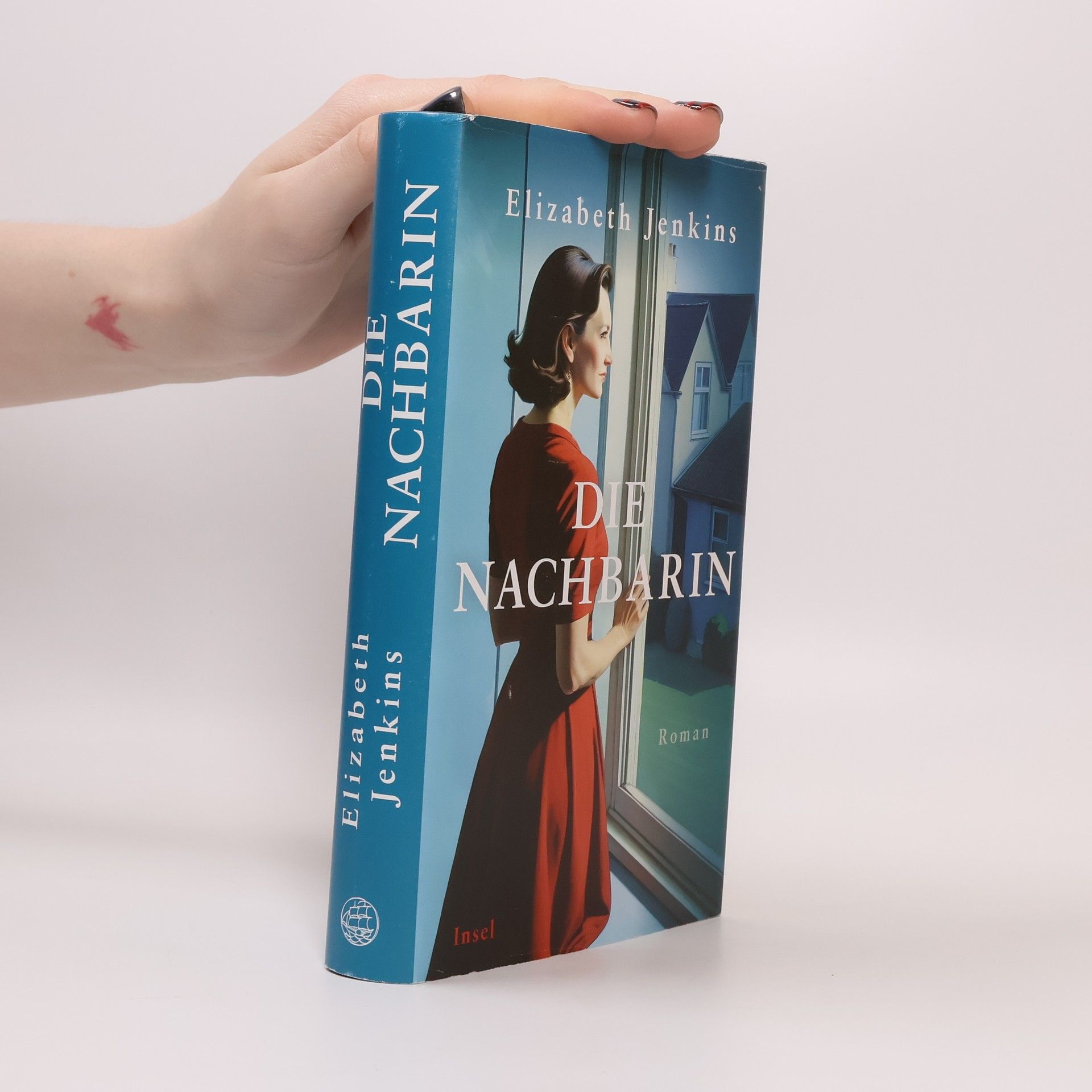»Weißt du denn so genau, in wen Männer sich verlieben?« Dass ihr Mann Evelyn, wenn er am Wochenende aus London zur Familie aufs Land kommt, immer öfter mit Nachbarin Blanche plaudert, hat nichts zu bedeuten, da ist Imogen sich sicher. Schließlich ist die alleinstehende, bodenständige Blanche um einiges älter als die aparte, feinfühlige Imogen, stets in praktischen Tweed gekleidet und geht gerne jagen und fischen – eine Frau, die Imogen locker in den Schatten stellt. Doch als Evelyn immer mehr Zeit mit Blanche verbringt, muss sie sich fragen, ob sie sich da nicht täuscht … Sind Schönheit und Jugend wirklich entscheidend, wenn wir uns verlieben? Elizabeth Jenkins’ Roman, 1954 erschienen und hier erstmals ins Deutsche übersetzt, begeistert mit einem herrlich wachen, ungewöhnlichen Blick auf diese Frage – eine mitreißende Entdeckung.
Elizabeth Jenkins Book order (chronological)
Elizabeth Jenkins excelled at crafting narratives that delved into the human heart, blending psychological acuity with elegant prose. Whether exploring the intricacies of marriage and female psychology in her novels or bringing historical figures to life in her biographies, she possessed a rare gift for revealing underlying motivations and inner lives. Her approach imbued even distant historical figures with remarkable immediacy and three-dimensionality, making them as palpably real as fictional characters. Jenkins masterfully navigated the space between history and fiction, offering readers profound insights into the complexities of human nature.
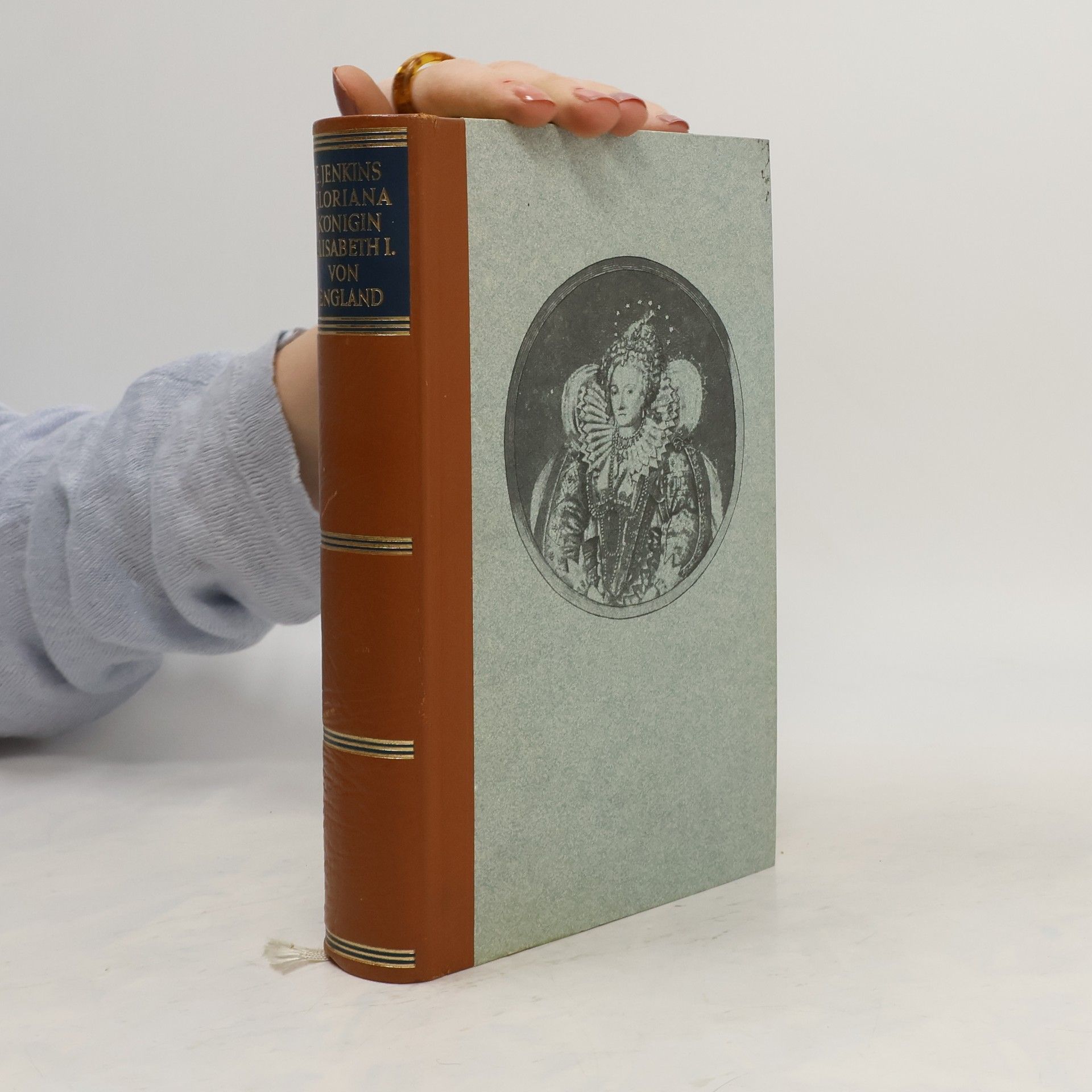
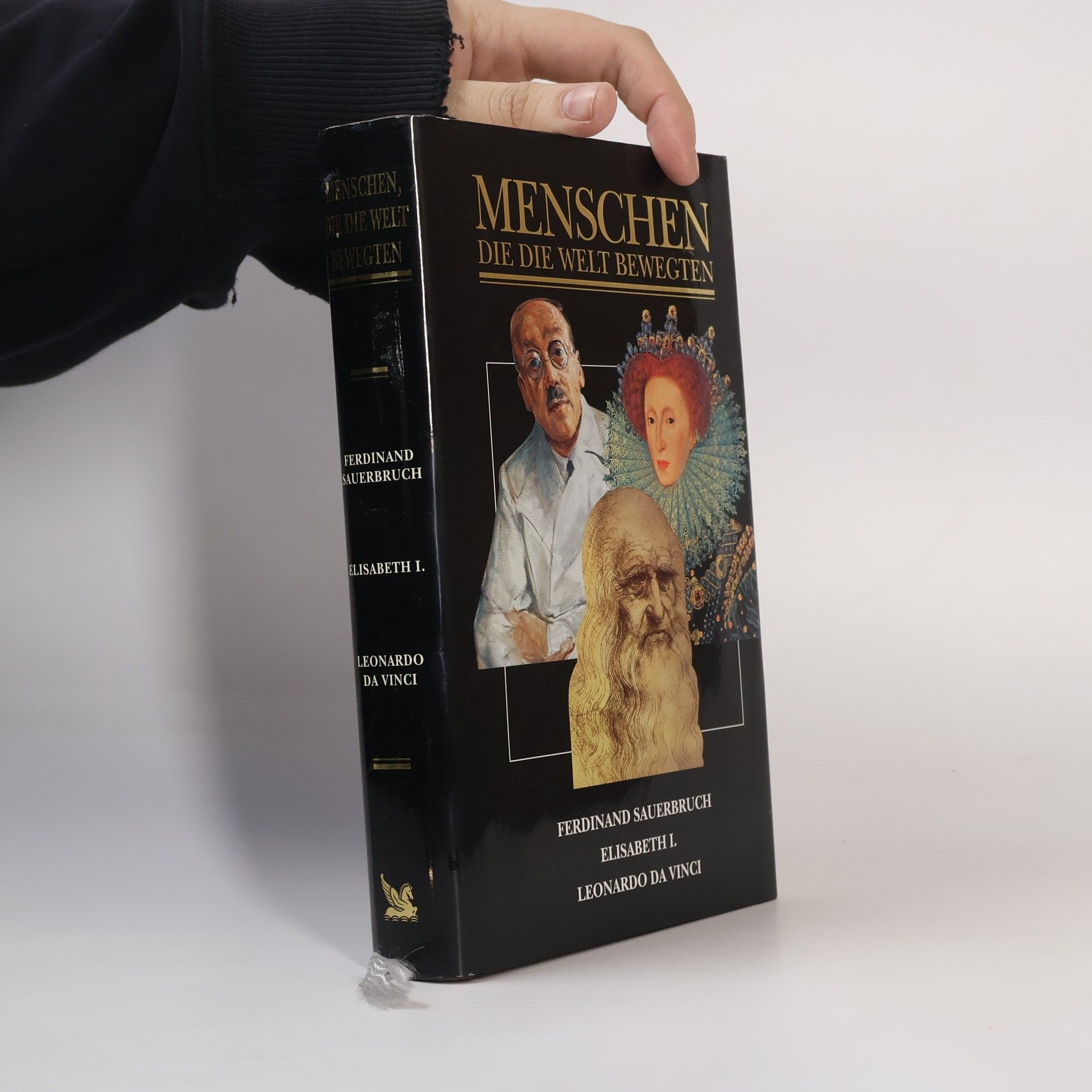
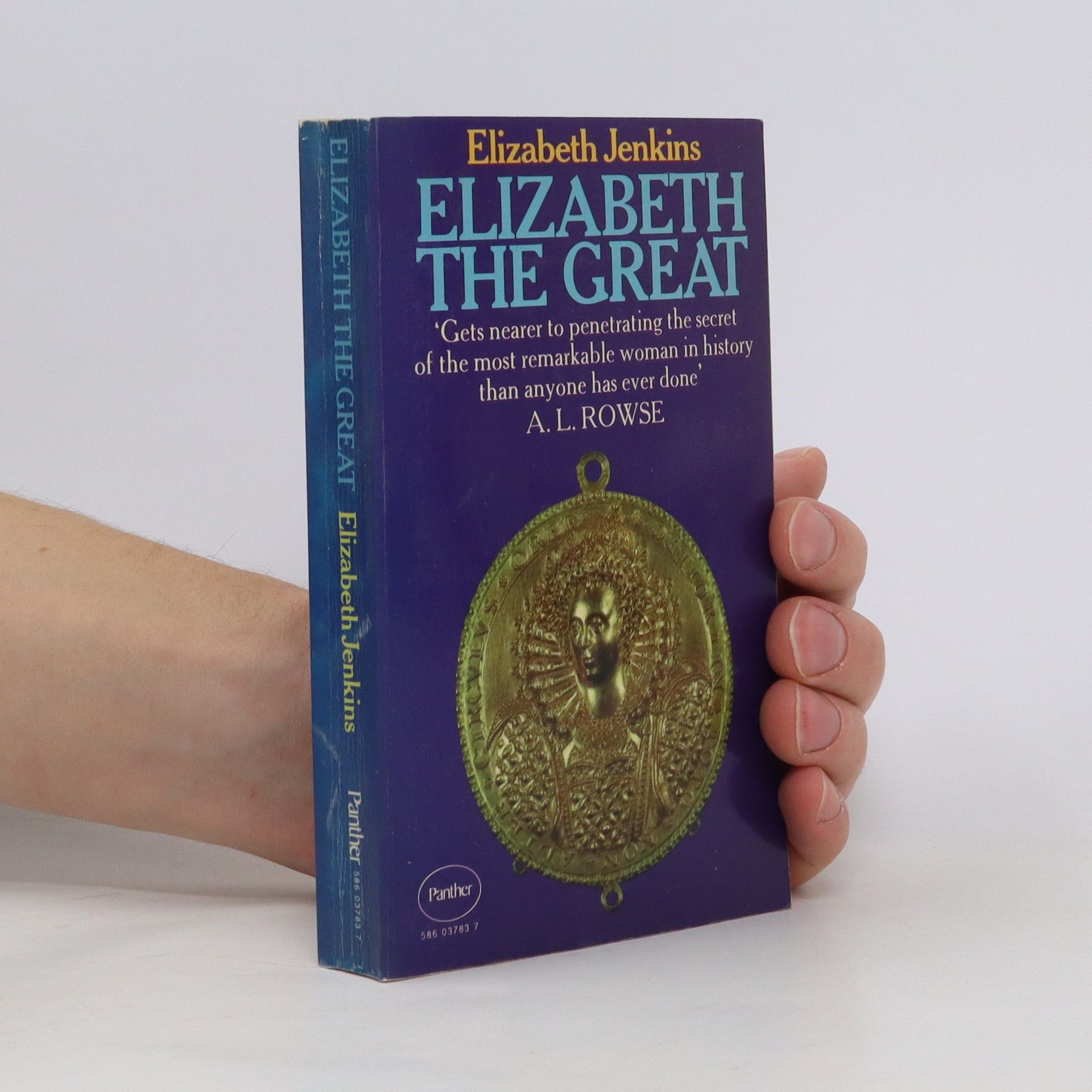
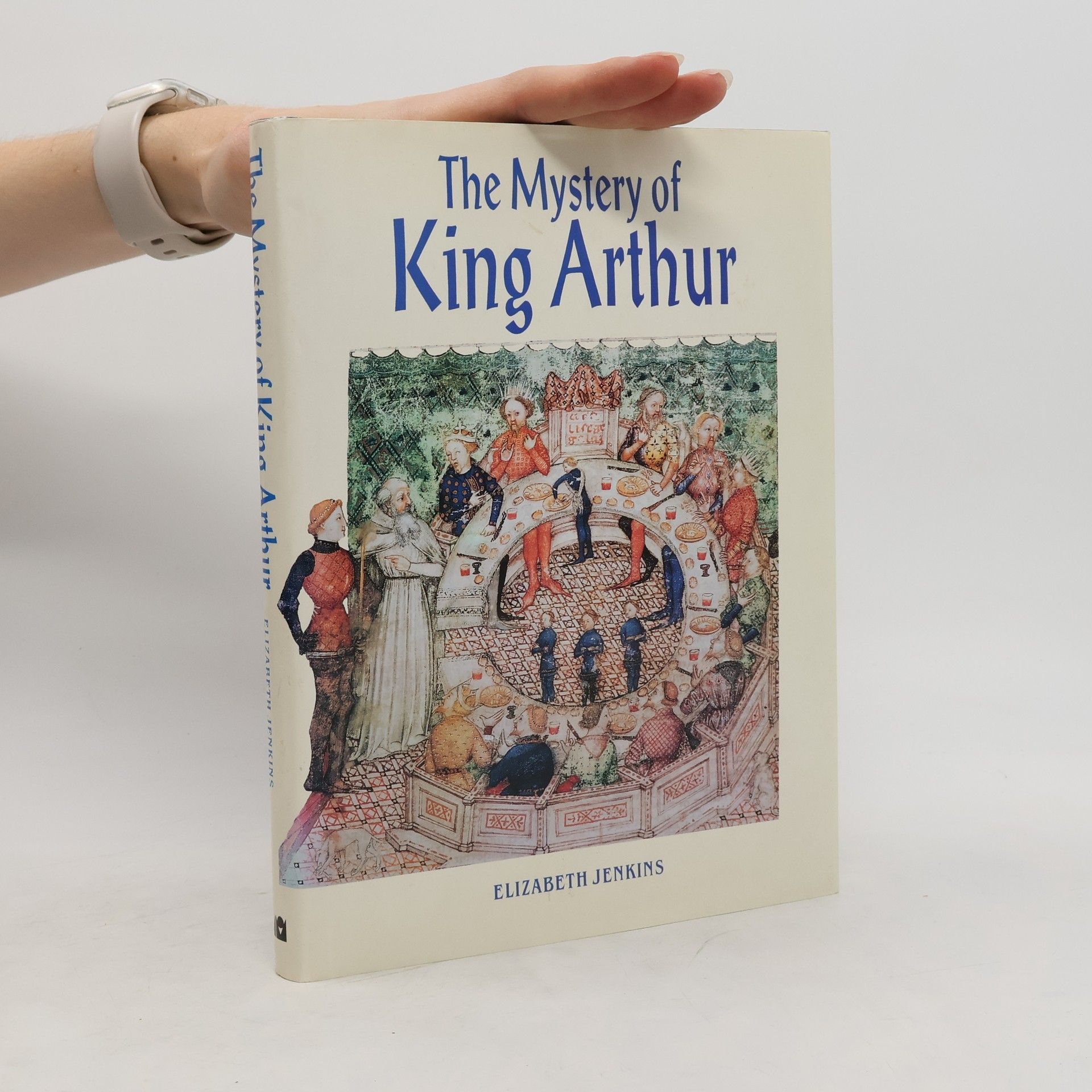
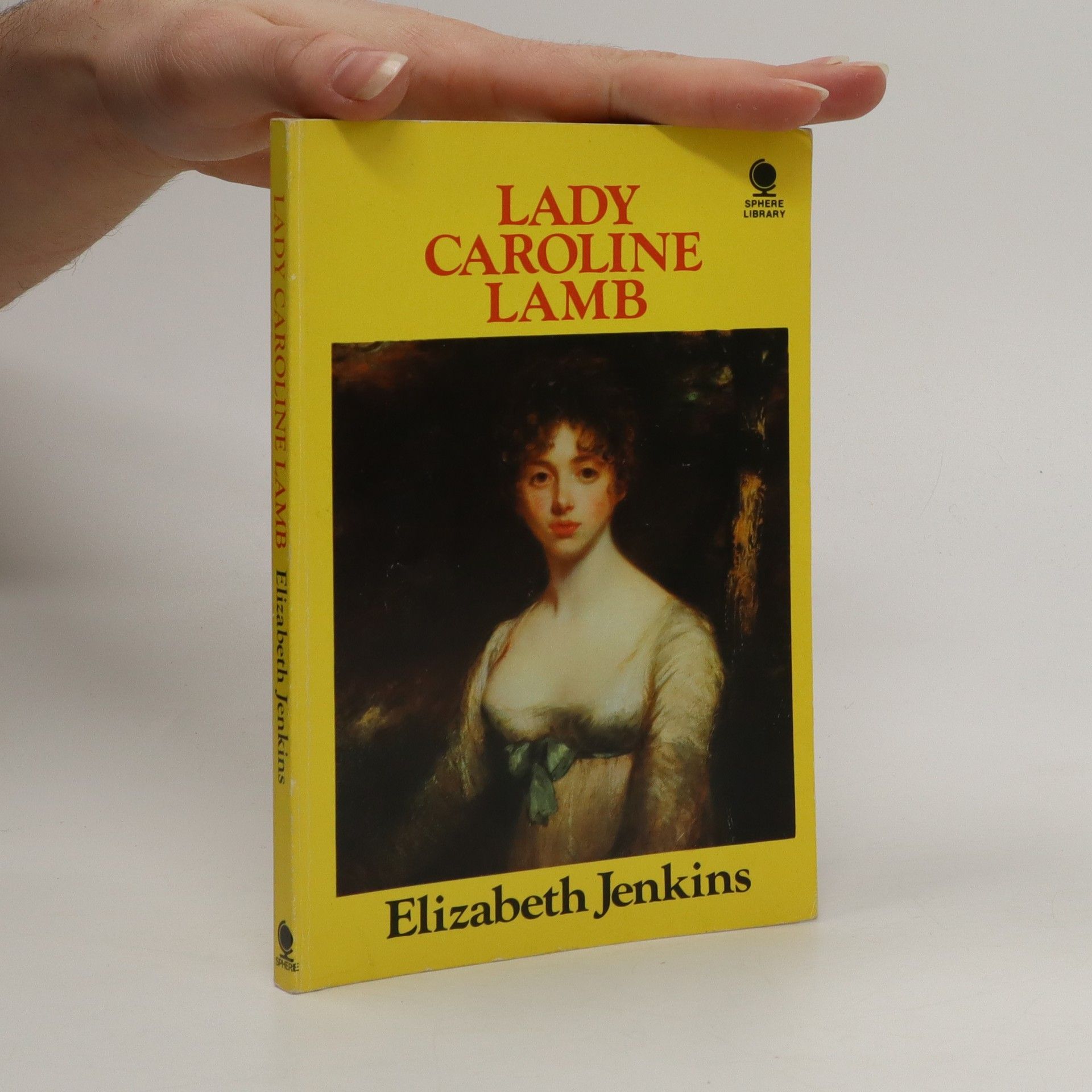
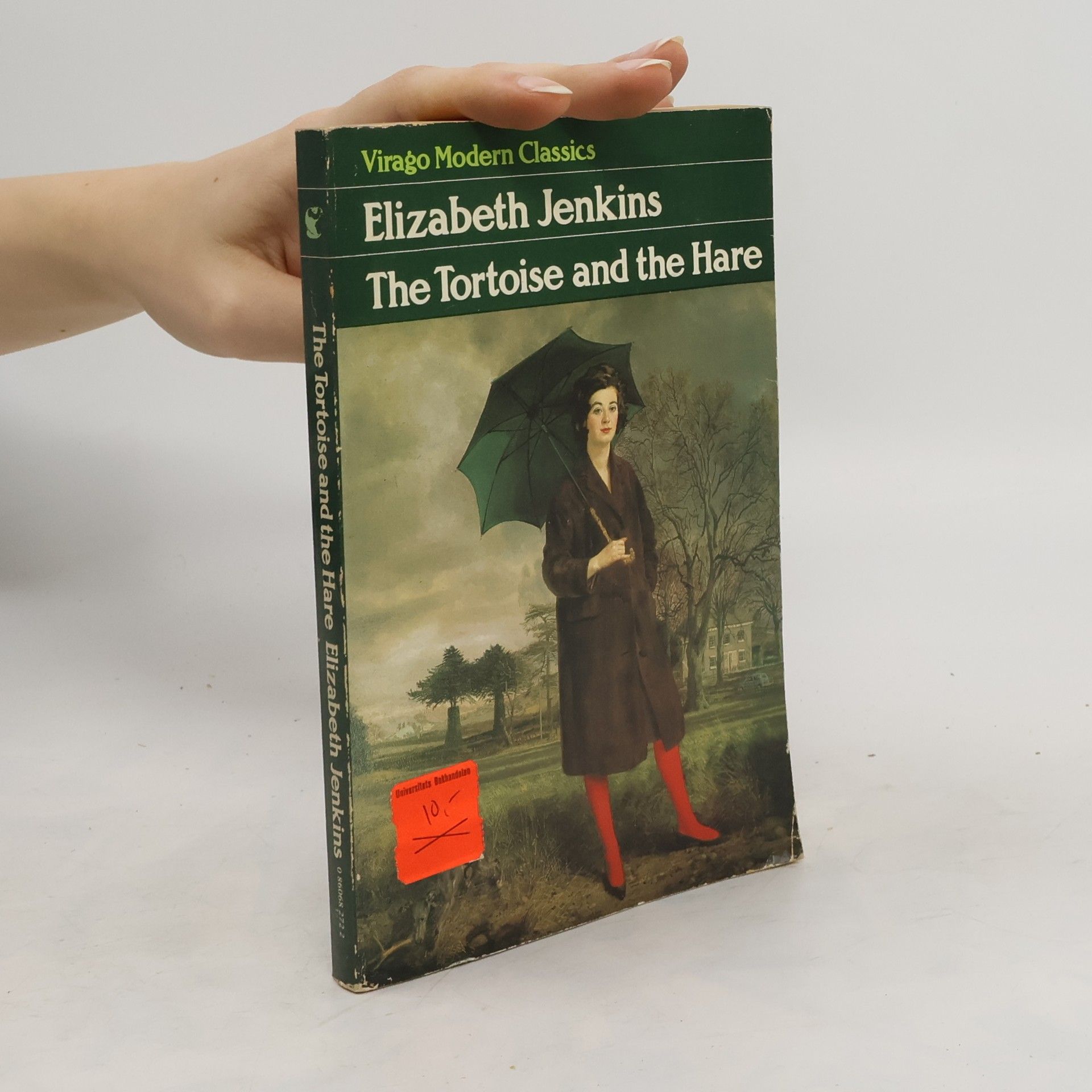
Autor/in: Ferdinand Sauerbruch / Elizabeth Jenkins / Richard Friedenthal Titel: Menschen, die die Welt verändern: Ferdinand Sauerbruch / Elisabeth I / Leonardo Da Vinci; ISBN: 9783870704384 (früher: 3870704381) Seiten: 447 Gewicht: 760 g Verlag: Reader's Digest Erschienen: 2000 Einband: Hardcover Sprache: Deutsch Zustand: sehr gut leichte Gebrauchsspuren Kurzinfo: Ferdinand Sauerbruch: Das war mein Leben Elizabeth Jenkins: Gloriana - Königin Elisabeth I von England Richard Friedenthal: Leonardo Da Vinci
Who was King Arthur? Shrouded as he is by time, he nonetheless achievd a fame that has made him symbolic of chivalry throughout the ages. One thing for certain we know about him is that he was not a king; another, that he did exist. Now in this vivid, scrupulously researched account, Elizabeth Jenkins points decisively to the two precious entries in the Easter Annals, dated about A.D. 500, that record this fact. -from inside front cover of this edition
The Tortoise and the Hare
- 288 pages
- 11 hours of reading
The magnetic Evelyn Gresham, fifty-two, is a KC of considerable distinction. He has everything life could offer - a gracious riverside house in Berkshire, a beautiful grey-eyed wife Imogen, devoted to him and to their eleven-year-old son, a replica of his father. Their nearest neighbour is Blanche Silcox, a plain, tweed-wearing woman of fifty who rides, shoots, fishes, and drives a Rolls Royce - in every way the opposite of the domestic, loving Imogen. Their world is conventional country life at its most idyllic: how can its gentle surfaces be disturbed?
"I HAVE always thought you the cleverest, most agreeable, absurd, amiable, perplexing, dangerous, fascinating little being that lives now or ought to have lived two thousand years ago. I won't talk to you of beauty—I am no judge. But our beauties cease: to be so when near you, and therefore you have either some, or something better." So Byron wrote to Lady Caroline in 1812, when they first met ; and it may well stand as her epitaph. She was undoubtedly fascinating, and undoubtedly dangerous, both to herself and others. Miss Elizabeth Jenkins, her professed and able champion, proves in this memoir both her charm and her danger.
